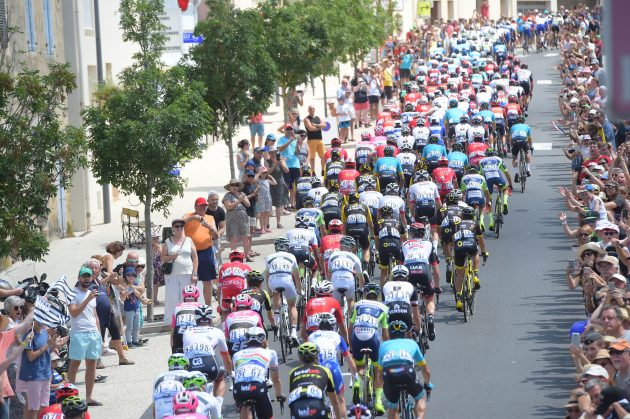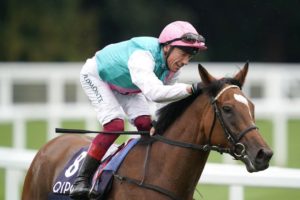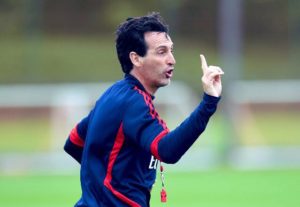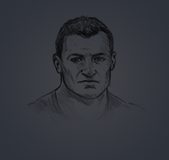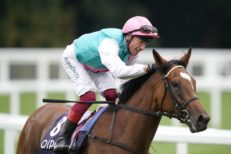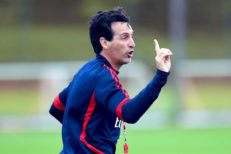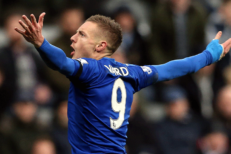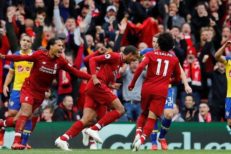The Tour de France is an annual cycle race which takes place throughout the summer months. It is contested over multiple stages, with each of these sections offering various challenges along the way. As the name would suggest, it is predominantly contested in France, but it is occasionally staged in other countries. Weather permitting, the event takes 23 days to complete.
The world-famous road race is organised by the Amaury Sport Organisation and occasionally goes by the nickname: La Grande Boucle.
The race has been in existence since 1903, and has grown in stature and popularity with each passing year. Following its inception, it attracted a predominantly French-field, but this has since been expanded, with cyclists from all countries welcome to participate in the spectacle.
The route changes every single year, and this keeps the contest exciting for both fans and spectators. The contest always snakes through the Pyrenees and the Alps before concluding at the Champs-Elysees in Paris. The closing stages always attract the biggest crowd.
There are a number of well-known teams who compete in the TDF, with each outfit consisting of eight cyclists. The rider with the lowest time total will be given the yellow jersey during the next stage. This has been in place since 1919. There are also a number of alternative classifications throughout the race with separate accolades given to young riders and sprinters.
There are a number of cyclists who have won the Tour de France on five separate occasions with Bernard Hinault, Eddy Merckx and Spain’s Miguel Indurain all achieving this impressive feat.
The race has been televised around the world in recent years, and attracts a significant audience. It is also an incredibly popular betting event with punters able to enjoy a pre-race wager or an in-play bet on the event. There are now more betting markets than ever before available on the Tour de France, and every single bookmaker will have prices on their site throughout the 23 days.
Some stages will be turned in time trails, and this has been in place since 1934. The first stage is a short time-trial and helps determine which rider will wear the yellow jersey. There are usually two or three of these throughout the TDF, with the penultime stage usually assigned as one.
When and Where?
The Tour de France takes place throughout July, unless it clashes with another major sporting event. It lasts for 23-days and it consists of 21 different stages. Traditionally, it takes place throughout France, but recent stagings have seen part of the contest held elsewhere.
Why is the Tour de France so Popular?
Cycling fans are an extremely dedicated bunch, and they love to follow their favourite riders throughout the year. The TDF is the ultimate test of ability and endurance, and with 23 days of action to enjoy, it’s a great time to be a fan of the sport. The fact that TDF is held throughout July makes it very popular with spectators, and as a result, it attracts a large on-site audience. It also attracts huge names in the sport with household names slugging it out each and every day.
What Betting Opportunities are Available?
Tour de France Winner – This is the simplest of all the TDF markets with punters asked to correctly predict which rider will win the contest. It is an extremely tough ask for any cyclist, and therefore the race can often produce unexpected winners, making the outright market, an enticing prospect for big-price bettors. The gong is awarded to the cyclist who achieves the accumulated lowest time. Previous winners and those riding for the most powerful teams are usually prominent in the betting.
King of the Mountains – This is the title given to the cyclist who is considered to be the best climber in the field. Since 1975, this rider will be seen wearing a polka-dot jersey. Points are based on the difficulty-rating for each mountain climb and these will be assigned to the first riders to reach the top of the mountain. This is a very specialist skill, and the majority of riders in the outright betting are not likely to be towards the top of this market.
Points Classification – This is a secondary competition which is held within the TDF. It has been in existence since 1953 and points are awarded for intermediate sprints and the highest finishes in each stage. This is usually a good way of betting without having to predict the overall winner of the contest.
Young Rider Classification – Another popular ante-post market on the TDF which is separate from the main competition. The leader of this classification will be given the white jersey and is currently open to riders who aged 26 or below. Experienced riders are not allowed to enter this classification. This is usually a much-smaller field and therefore the prices can be fairly prohibitive.
Team Classification – This market will take the individual rider out of the equation and simply focus on the most successful team in the TDF. Good performances by teams will help them gain qualification for next season’s contest. It is usually calculated by adding together the first three riders home for each team. Big names such as Team Sky and Movistar are often prominent in this market.
Stage-by-Stage Betting – Each stage will be priced up individually and these markets are usually available both pre-race and in-play. Some stages are better suited to certain riders and it’s always best to look at the previous performances of each cyclist.
Head to Head Betting – One recent addition to the betting markets has been the head-to-head markets which will pitch together two of the leading riders. This doesn’t involved predicting the overall winner of the race, but you simply require Rider A to beat Rider B in order to secure a return.
Winning Margin – These market are usually priced up and added to the bookies websites within a few days of the race getting started. This involves predicting stage-by-stage how many seconds will be between the winner and the chasing pack. This is another great way of betting, but without having to pick the overall winner.
Bobbys Big Betting Tips for the Tour de France
Weather Can Play its Part – The weather is usually glorious throughout July, but France’s interchangeable climate can often contribute to the outcome of a particular stage. Always check the forecast accordingly, particularly if you’re having a time-specific wager, as it could just sway the outcome out of your favour.
Stamina Required – Always check a rider’s previous results in the TDF, but it’s advised to also ensure that your chosen cyclist has previous form in three-week Grand Tours. It can often be fun to wager on a bigger priced participant, who arrives in decent form, but if they’ve been unable to put it together over a 3-week period before, they might be best avoided.
Well-funded Teams Tend to Prevail – Sadly, money talks in the TDF and a well-funded team will be expected to be prominent in the closing stages. The better backed the team, the more resources they will have for their riders and that will increase their chances of success. With the financial backing, they can often hire performance coaches, psychologists and sometimes former winners to help their members perform at the top of their game.
Where Can I watch the Tour de France in the UK?
ITV have the rights to the Tour de France until 2023 and often show live pictures throughout the day on sister-channel ITV4. They will also show highlights in the evening and cycling fans can enjoy all of the action through the ITV Sports App.


